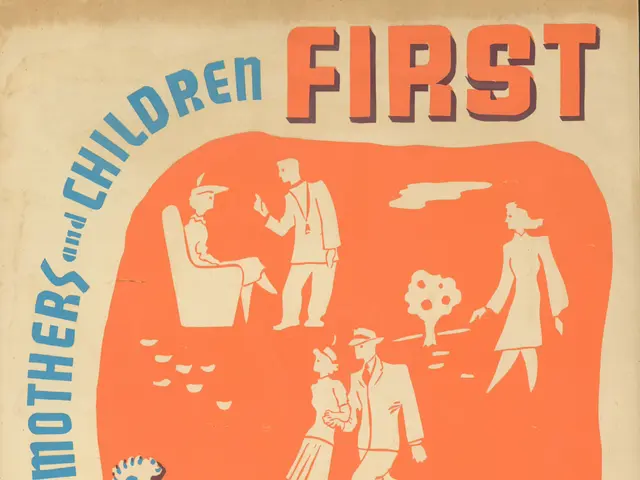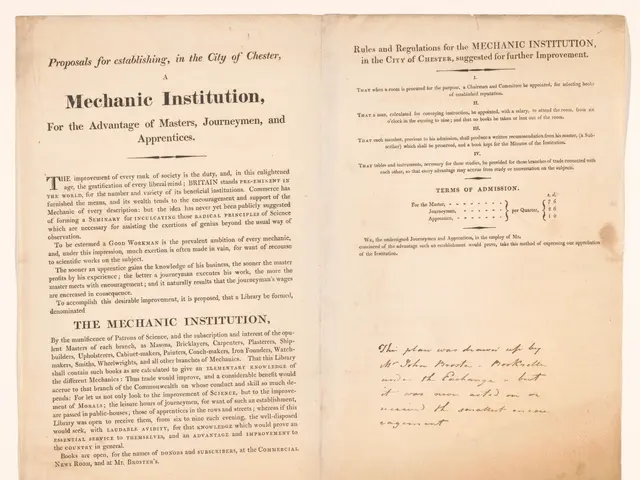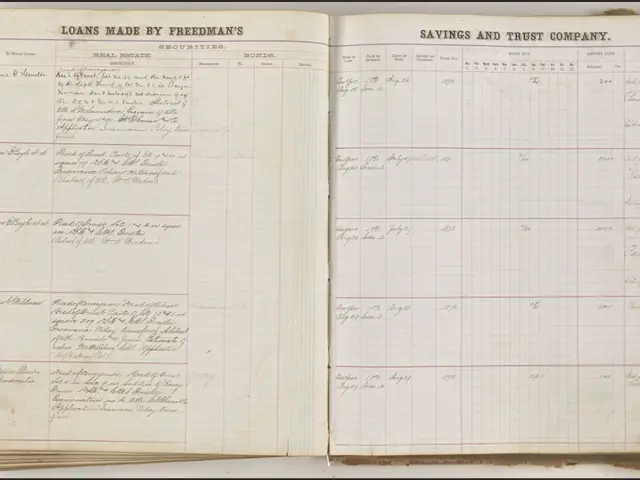These seven documents serve as the foundation for legal regulations.
Ensuring one's future wishes are respected in times of incapacity or death necessitates preparing and maintaining a selection of essential legal documents. Here is a list of seven crucial documents and guidelines for their creation and management:
1. Last Will and Testament
- Function: Outlines how possessions should be dispersed after death.
- Creation: Drafted by a legal professional or using a template, then signed and witnessed based on state laws.
- Management: Store the original in a secure location, and inform the executor of where it's kept.
2. Trusts
- Function: Can bypass probate and manage assets during incapacity.
- Creation: Typically requires legal consultation to draft and fund.
- Management: The trust is administered by the trustee, who must be informed of its existence and terms.
3. Power of Attorney (POA)
- Function: Grants someone the authority to handle financial transactions on behalf of the grantor.
- Creation: Drafted by a legal professional or using state-specific templates.
- Management: Maintain the original in a secure location, and grant the attorney-in-fact access to it.
4. Advance Healthcare Directive (Living Will)
- Function: Specifies end-of-life medical care preferences.
- Creation: Available through state-specific forms or by consulting a legal professional.
- Management: Provide a copy to healthcare providers and update family members.
5. Beneficiary Designations
- Function: Details how specific assets (e.g., retirement accounts, life insurance) should be distributed.
- Creation: Completed through account providers (banks, insurance companies).
- Management: Reviews should be conducted periodically, especially after life changes.
6. End-of-Life Instructions or Final Wishes
- Function: Outlines preferences for funeral or memorial services, obituary, and post-death notifications.
- Creation: Typically documented in a personal letter or included in the will.
- Management: Keep the document in a secure location and inform family members.
7. Guardianship Plans for Minors or Dependents
- Function: Specifies who will care for children or dependents if the grantor becomes incapacitated or deceased.
- Creation: May involve drafting a guardianship agreement or naming a guardian in the will.
- Management: Inform the named guardian of their responsibilities and ensure they have access to the necessary documents.
Procedures for Creating and Managing These Documents:
- Seek Legal Advice: Collaborate with a legal professional to ensure all documents are legally valid and appropriate for your state.
- Secure Document Storage: Store originals in a secure, easily accessible location (e.g., a safe deposit box or fireproof safe).
- Inform Relevant Parties: Ensure that executors, attorneys-in-fact, beneficiaries, and guardians understand their roles and are aware of where the documents are kept.
- Regular Reviews: Periodically review and update documents as life circumstances change (e.g., new family members, modifications in assets) [5].
- Awareness of community policy and health policy is crucial in ensuring workplace wellness, as these policies often dictate health and safety measures in workplaces.
- The role of science in understanding and managing medical conditions, such as chronic diseases, cancer, respiratory conditions, digestive health, eye health, hearing issues, autoimmune disorders, mental health, and neurological disorders, is significant.
- Fitness and exercise, nutrition, and skin care are fundamental components of maintaining overall health and wellness, contributing to the prevention of various health issues and promoting longevity.
- Sexual health, a neglected yet important aspect of health, requires education, self-awareness, and regular screenings to ensure good health and prevent the spread of sexually transmitted infections.
- An aging population faces unique health challenges, such as cardiovascular health and skin conditions, which necessitate specialized therapies and treatments tailored to their needs.
- Women's health encompasses reproductive health, menopause, pregnancy, and breast health, requiring regular check-ups, screenings, and self-care practices.
- Parenting involves understanding and addressing the health needs of children, including regular vaccinations, routine check-ups, diet, exercise, and mental health support.
- Financial planning plays a significant role in maintaining health, as managing personal finances, wealth management, and even business finances can impact mental health and the ability to access healthcare services, including health insurance like Medicare and Medicaid.
- Education, self-development, and career development, including financial literacy and business management courses, are essential for long-term personal growth and success, impacting overall well-being and quality of life.






